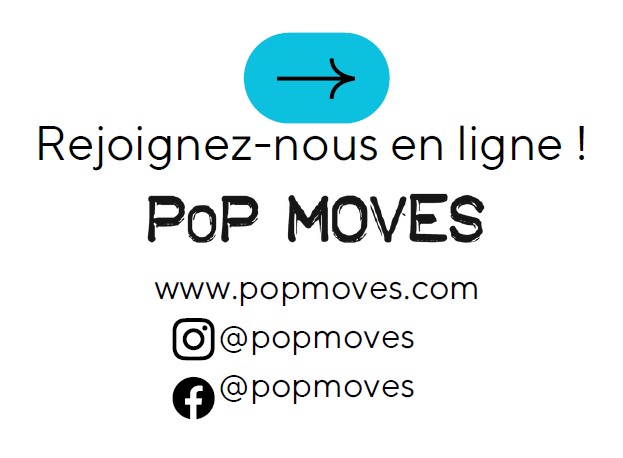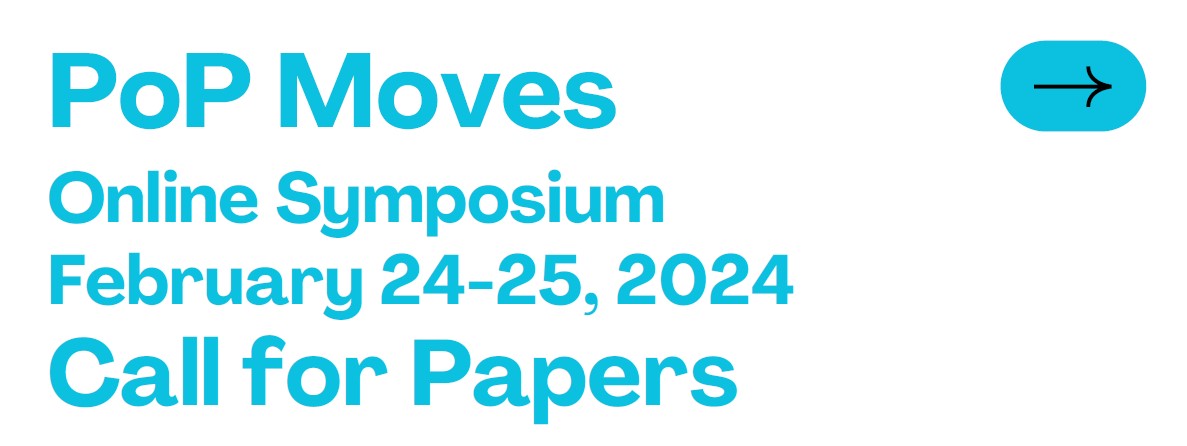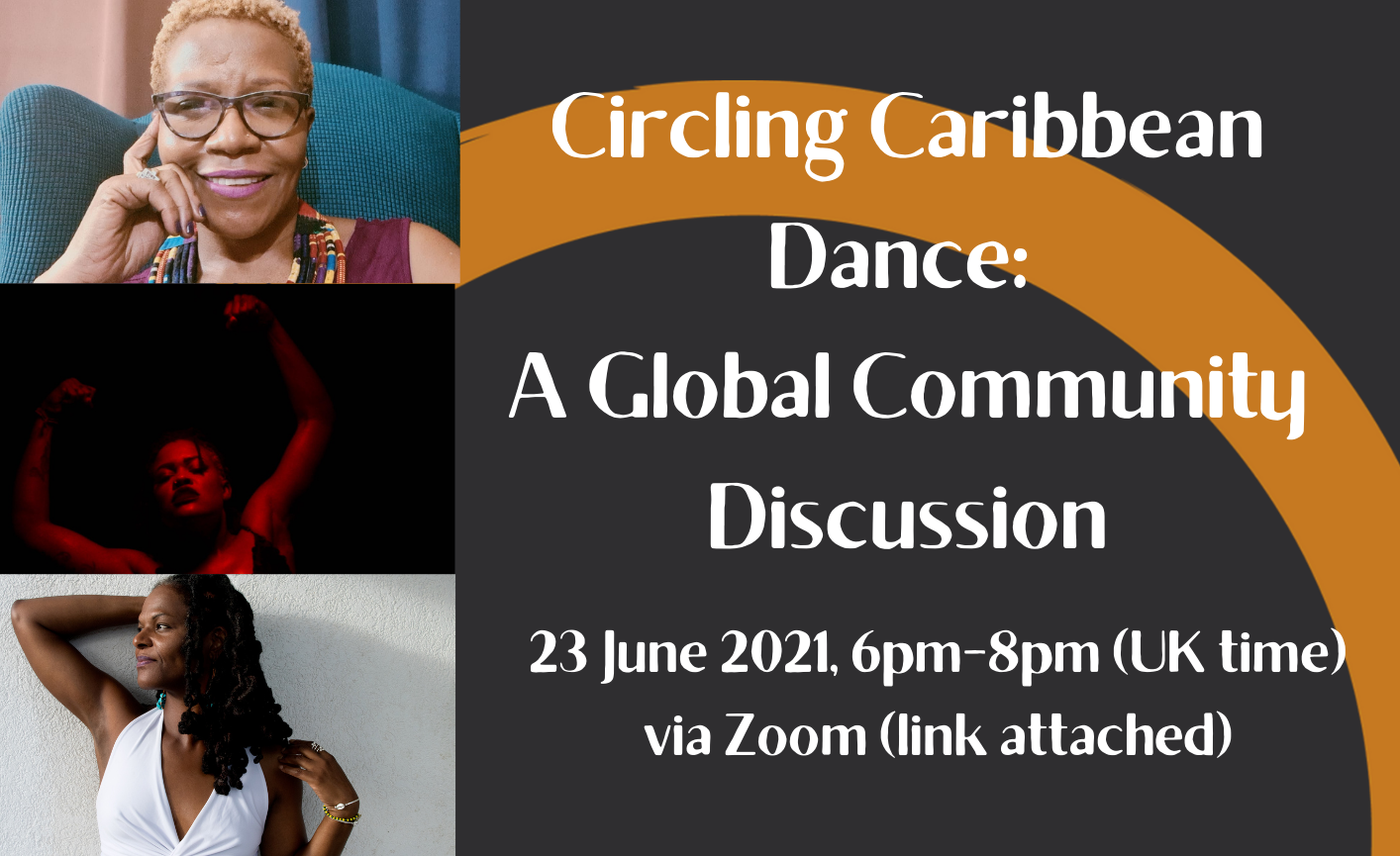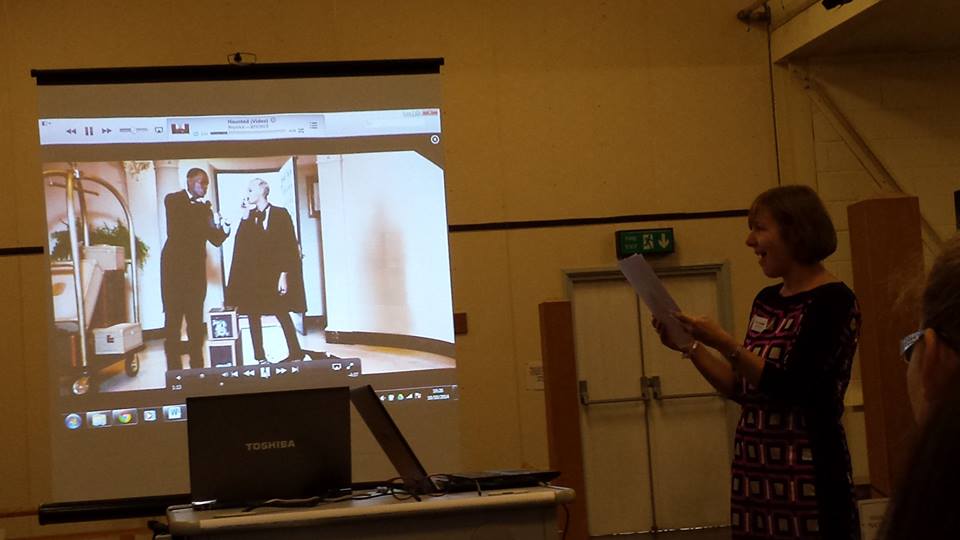A bilingual symposium of the Americas and Francophone nodes of PoP Moves
Download a PDF copy of the Call for Papers here
In the context of the twentieth and early twenty-first centuries, social justice movements have often featured the movement of bodies: to boldly call attention to inequity and violence, to celebrate alterity in the face of hegemonic regimes of white supremacy, patriarchy, heteronormativity, and ableism, and to manifest more just modes of community and sociality. Popular dance, broadly defined as dances performed by the people and/or that are popular in mass media, has animated activist movements against racism, misogyny, and the ongoing colonial projects of empire and neoliberal capitalism. Given the importance of social media and corporate mass media in circulating images of bodies in defiant protest and/or jubilant resistance and self-determination, and considering the role of audiovisual media in bringing attention to both local struggles and transnational alliances, PoP Moves welcomes submissions for papers, roundtables, workshops, and alternative format presentations that speak to the intersections of popular dance, social justice, and the mediatization of culture.
Organizers
Elizabeth June Bergman and Laura Steil
Programming Committee
Philippe Almeida, Elena Benthaus, Elina Djebbari, Mary Fogarty, Deanne Kearney, Francesca Miles, Camille Paillet, Alexandra Quinn
Among the questions we ask are:
-What role has popular dancing historically played in local and/or global struggles for justice and equity?
-How do changes in media culture and technologies affect how popular dancing articulates with social justice issues and movements?
-What are the ways in which popular dance practitioners have harnessed media and public space to redress histories of invisibilization?
-How are current practitioners of popular dance leading conversations and fomenting change related to anti-racism, anti-homophobia, and decolonization projects? How are video technology and social media engaged in these efforts?
-(How) can witnessing and/or participating in popular dancing inform allyship and solidarity?
-What are the processes by which local popular dance forms or aesthetics get taken up by activists and come to circulate globally as signs of subversion or resistance?
-How might we grapple with the processes by which dances of liberation have been co-opted and commercialized for non-liberatory ends?
-How does popular dance articulate affect and ritual in the making of protest? And what relationships develop between media and danced ‘protest rites’?
-What methodological approaches lend themselves to the study of popular dance as movement(s) of protest, emancipation, and solidarity? How can the research ethics of such studies support and enhance social justice?
Recognizing the centrality of dance to social and civil life, PoP Moves especially encourages considerations of local dance communities, histories, and spaces. Therefore, in addition to submissions addressing the above questions, we invite proposals for virtual workshops, digital performances, site-specific presentations, and other alternative events that address specific cities or regions in which popular dance and social justice movements converge as well as interactive activities or presentations that invoke transnational allyship across local contexts.
Addressing (Im)mobilities/Linguistic and Contextual Translations
In a time of exponential global flows, the (im)mobilities of scholars and artists, among other people, reveal the profound inequalities which structure our world. Our online symposium hopes to address and disrupt these regimes of (im)mobility by making it possible for scholars, practitioners, and artists to imagine other means of being together. We are inspired by the way popular dances travel digitally and re-emerge in sometimes unexpected bodies, spaces and times. We are committed to making space for creative presentation formats by which scholars and artists can address the intersections of popular dance, justice and media in local, translocal, and digital contexts. We further hope to build meaningful bridges between linguistic, cultural and socio-political contexts. We welcome proposals in English and French for this event.
Sliding Scale for Conference Fees
We recognize the variety of situations from which you might be attending this event. We recommend that waged workers in the Global North pay a full fee, while students, unwaged workers, popular dance practitioners, and those otherwise unable to pay a full fee, contribute according to their means. Given differing national traditions regarding academic conferences and fees, we ask that presenters follow the standard practices in their country of residence.
Two Day attendance:
Full fee: 30USD, 25GBP, 28EUR, 44AUD
Contribute what you can: from 10USD, 8GBP, 9EUR, 15AUD
Pay it forward: (support someone who might otherwise be unable to attend) from 10USD, 8GBP, 9EUR, 15AUD
One Day attendance:
Full fee: 15USD, 12.50GBP 14EUR, 22AUD
Contribute what you can: from 5USD, 4GBP, 4.5EUR, 7.5AUD
Pay it forward: (support someone who might otherwise be unable to attend) from 5USD, 4GBP, 4.5EUR, 7.5AUD
How to Apply
Please send the following information as two documents to popmoves2024@gmail.com by August 1, 2023:
Please note: The name of the speaker should not appear in document 1, as the abstracts will be blind reviewed. Please include the speaker’s name in document 2 only.
Document 1:
-Title
-Format: paper, pre-formed panel, round table, workshop, alternative format*
-An abstract of 250-300 words, outlining the research/practice-based area and key issues within a clearly articulated methodology or practice method
-An indicative bibliography of 3-4 key texts, if applicable
*Alternative formats: additional 200 words (max.) describing the proposed presentation format and time frame
Document 2:
-Title
-Presenter’s name and pronouns
-Affiliated institution if applicable
-Email address
Technical Requirements and Formats
- Regular academic paper presentations should be 20 minutes in length
- Pre-formed panels and rountables should be 60-90 minutes (max.) in length and should consist of 3 or more speakers (3 speakers for regular panels and 3 or more for a roundtable is a good rule of thumb here)
- Lecture-demonstrations and workshops can be 45 or 60 minutes in length
- Alternative formats can be 45 minutes or 60 minutes (stand-alone), with room for question / discussion time
Timeline for acceptance notification
Conference organizers will be in touch with applicants in October 2023.




